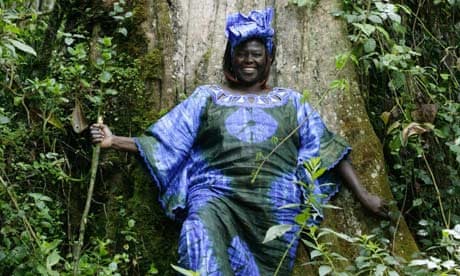Identity, Territory and Climate Justice
Reflections from where my feet stand and my body remembers
I didn’t learn about climate justice in science class.
I learned it from what’s missing.
I learned it listening to my grandma talk about the days when the rivers ran clean and backyards gave you everything you needed.
I learned it when I realized that the planet’s imbalance is also about forgetting who we are, where we come from, and how we used to care for life before everything turned into speed, profit, and destruction.
Talking about cultural identity and territorial belonging isn’t academic jargon for me.
It’s living memory.
It’s the smell of dendê in the air, the sound of the sea hitting the rocks, the strength of quilombos, terreiros, shellfish gatherers, and the hands that kept planting even when the harvest was uncertain.
Being who you are in a world that insists on erasing you is already an ecological act.
Remaining in your territory, even after symbolic or physical expulsion, is resistance.
And for me, to regenerate is just that: to reconnect body, land, and community.
Regeneration is relationship
People often say regeneration is about planting trees. And it is, too.
But before planting, you have to recognize the ground.
Regeneration is relationship.
It’s knowing that land is not a backdrop, it’s a subject. It’s a grandparent. It’s a mother. It’s a living being.
It’s feeling that our identity doesn’t live only in our ID number or profession, but in our accent, in the rhythm of our bodies, in the stories we carry in silence.
And all of that matters in the climate fight.
Climate justice begins with feet on the ground
You can’t talk about saving the planet while ignoring the people who’ve been in relationship with the land for centuries.
Traditional communities, Indigenous peoples, quilombolas, riverine folks — all these knowledges have been erased and yet remain alive.
They’re not alternatives. They are foundations.
At Yllá Regenera, I believe regeneration starts with listening.
It means honoring what already exists.
It means allowing the territory to speak, not just be extracted from.
If you want to go deeper...
Here are some thinkers and voices that have shaped my path, and may touch yours too:
- Wangari Maathai – “You cannot protect the environment unless you empower people, you inform them, and you help them understand that these resources are their own.”
- Ailton Krenak – who reminds us that life isn’t useful, it’s sacred
- Nêgo Bispo – who speaks of counter-colonialism from a place that never stopped being in the world
- Catherine Walsh, Arturo Escobar – who speak of memory, decoloniality, and territory as future
- Boaventura de Sousa Santos – with his ecology of knowledges and critique of epistemicide
- Daniel Christian Wahl, Carol Sanford – who bring regeneration as culture and relational practice
- França Filho, Tenório, Cançado – who propose social management as ethical and participatory practice
Because caring for the planet also means caring for our own history.
And the justice I dream of begins where land meets memory.



Comments
Post a Comment